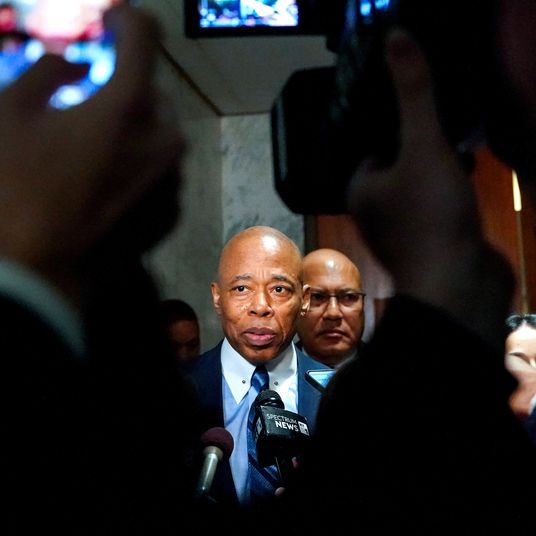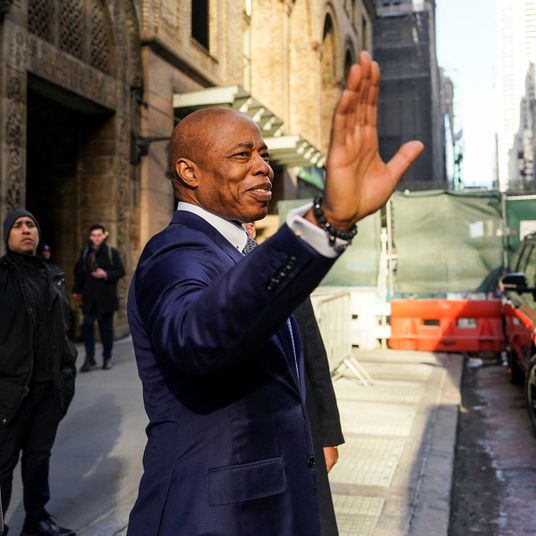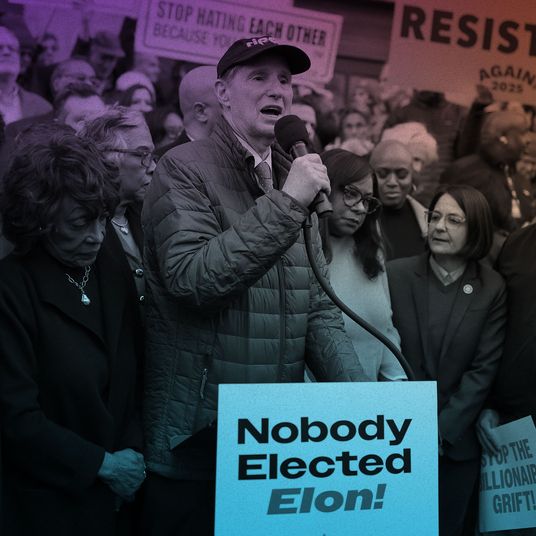
Question: Why do doctors keep doing tonsillectomies? To cut off part of your immune system because of too many infections seems medieval.
Answer: Dr. David Godin, assistant director at the Voice and Swallowing Center of ENT and Allergy Associates:
Any ENT worth their salt won’t just snip out your tonsils when too many pesky infections occur. According to Dr. Godin, the tonsils are secondary lymphoid organs, and though they do initiate immune responses against antigens entering the body through the mouth and nose, “there have been no studies to date that demonstrate a significant clinical impact of tonsillectomy on the immune system in the long term.” And there have been plenty of those studies, none of which have found a statistical or clinical corollary of an increase in infections when tonsils are removed. One reason for that, Godin says, is that there’s a lot of other accessory lymphoid tissue around the area of the tonsils that probably compensates for their absence; there are even some that feel that when there are chronic or recurrent infections, the tonsils are overrun and don’t work as well, anyway.
If you do need tonsillectomy, your doctor will only decide to do so after assessing several factors. The most common reason for tonsil surgery is sleep-disordered breathing (sleep apnea, in extreme cases); there’s plenty of evidence showing a decrease in quality of life in children with sleep-disordered breathing, and likewise, an improvement when you take the tonsils out or reduce their size. Repeated infections despite use of antibiotics can also be a good reason for removal, but “there are specific standards in place regarding number of infections within a certain number of years, among other criteria,” Godin says. And even in these cases, tonsil removal isn’t always the solution. “As a clinician, it is our job to take each patient on an individual basis and weigh the criteria, benefits, and risks of the procedure, and discuss these with the patient or parents,” Godin says. Antibiotic treatments don’t affect everyone the same way, and while some may find untenable amounts of stomach problems, for instance, others may remain relatively unaffected.
Bottom line: Sure, there are risks associated with tonsil removal, but in the appropriate cases, the benefits significantly outweigh the risks — and, as numerous studies have shown, compromising the immune system generally isn’t one of them.
Got a health question? Send it to [email protected] and we’ll find a doctor to answer it.





























